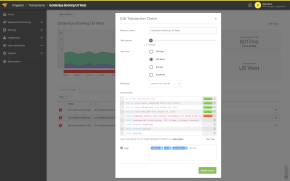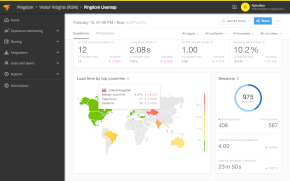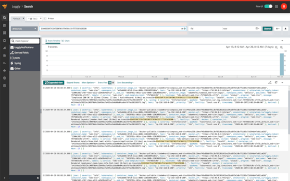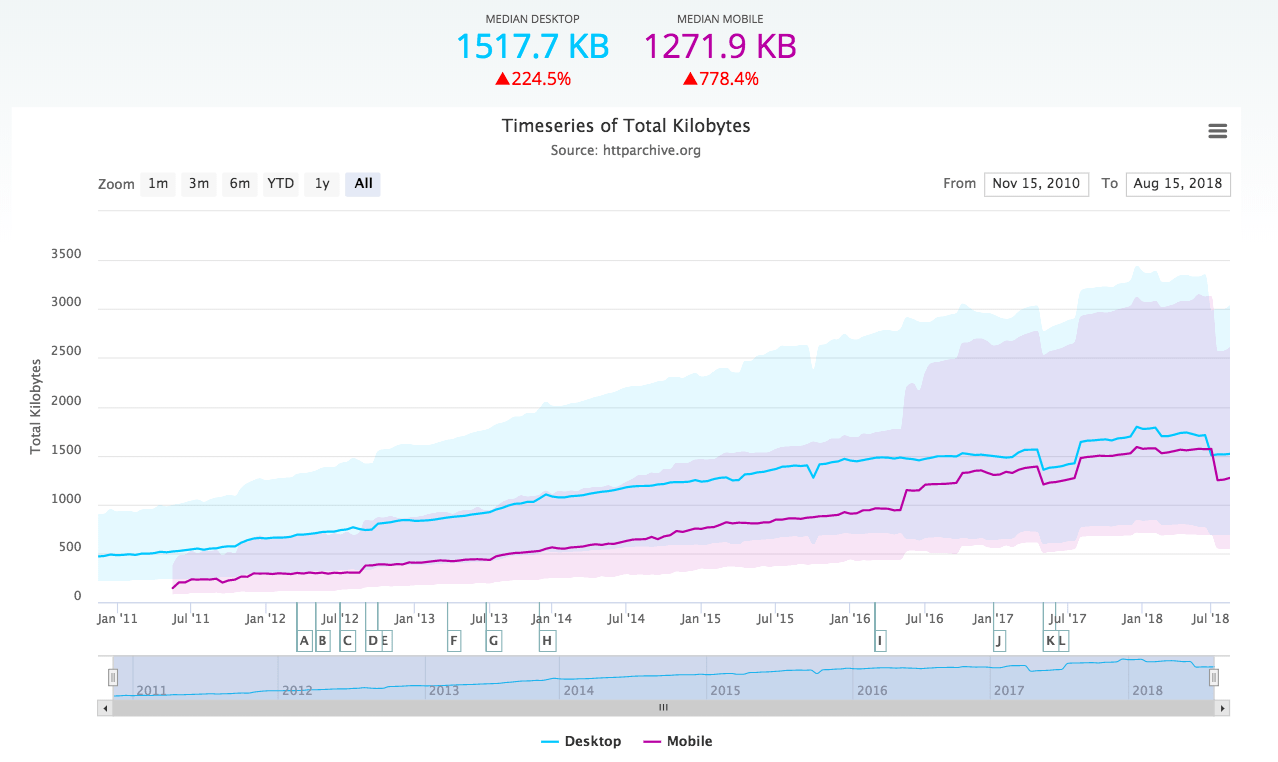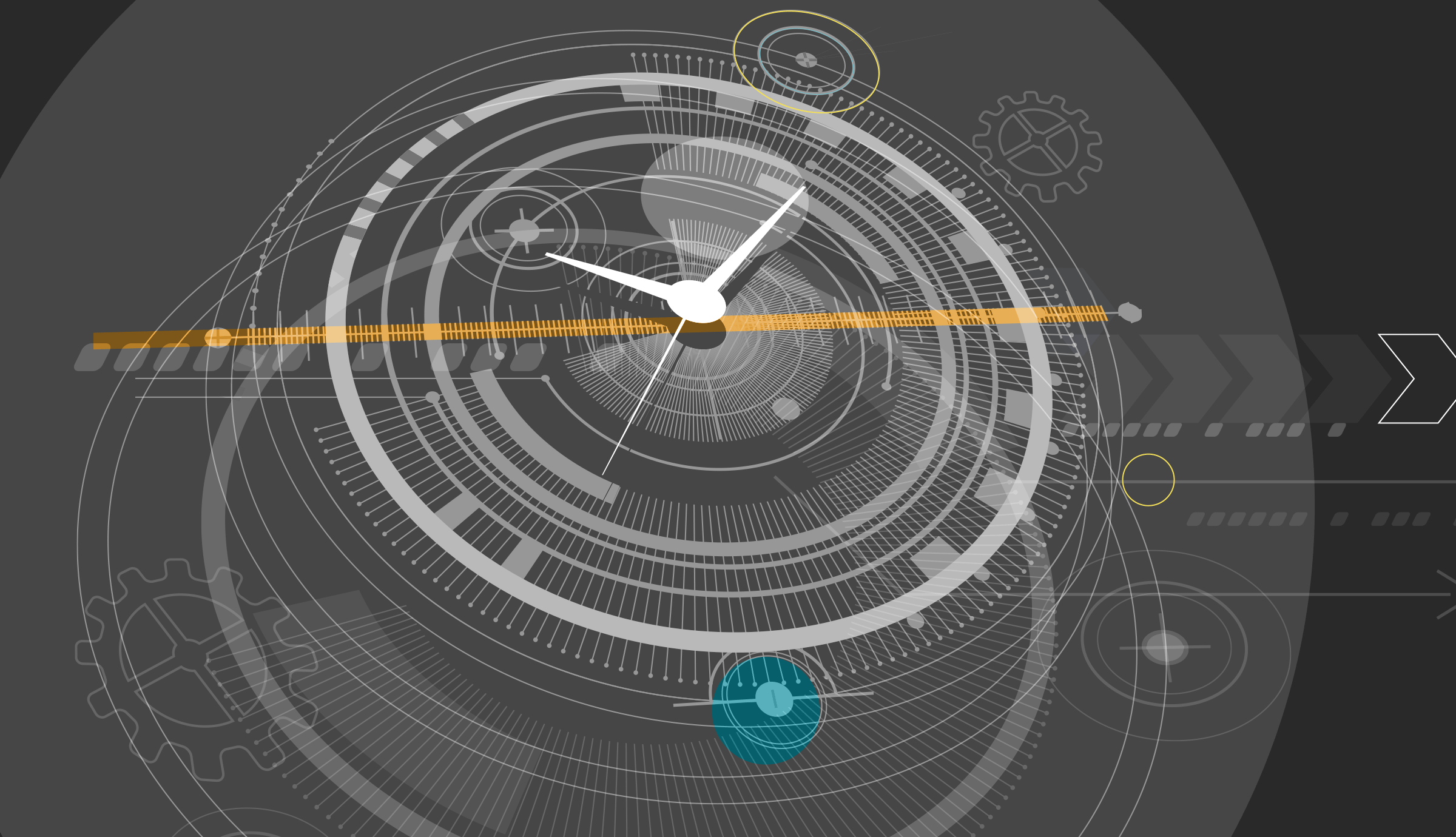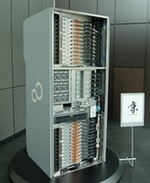 Top500.org recently released updated statistics about the fastest supercomputers in the world. They do this twice per year, and every time the reports make computing enthusiasts drool with mind-boggling performance numbers. You think your souped-up server or gaming rig is fast? Think again.
Top500.org recently released updated statistics about the fastest supercomputers in the world. They do this twice per year, and every time the reports make computing enthusiasts drool with mind-boggling performance numbers. You think your souped-up server or gaming rig is fast? Think again.
We cherry-picked some of the more interesting numbers, and made a few additional calculations for your reading pleasure. Enjoy.
- 548,352 – the number of CPU cores in the K Computer in Japan, the world’s currently fastest supercomputer. It’s the result of having 68,544 SPARC64 VIIIfx CPUs with eight cores each.
- 1,820,352 – the combined number of CPU cores in the top 10 supercomputers
- 672 – The number of computer racks that make up the K Computer (one is seen on the image for this post).
- 8.2 petaflops – The computing performance of the K Computer. It’s more powerful than the five next systems (i.e. position 2-6) combined.
- 8,200,000,000,000,000 – 8.2 petaflops written out as floating point operations per second (8.2 quadrillion instructions per second).
- 2.6 petaflops – The computing performance of the second-fastest supercomputer, the Tianhe-1A in China.
- 20.3 petaflops – The combined computing performance of the top 10 supercomputers.
- 1.04 petaflops – The computing performance of the “slowest” of the top 10.
- 9.9 megawatt – The power consumption of the K Computer.
- $10 million – The yearly power costs for the K Computer.
- 42.8 megawatt – The combined power consumption of the top 10 supercomputers.
- 40,000 – The number of homes that amount of electricity could power.
- 5 – Number of US supercomputers in the top 10. Japan has 2, China has 2, and France has 1.
A cool aside regarding the K Computer is that it isn’t even fully constructed yet, and it’s already outperforming everything out there by a huge margin. Its computing power is roughly the equivalent of a million linked desktop computers. Quite a comeback for Japan. This is the first time they’ve held the number one spot since 2004, when the Earth Simulator ruled the pack.
